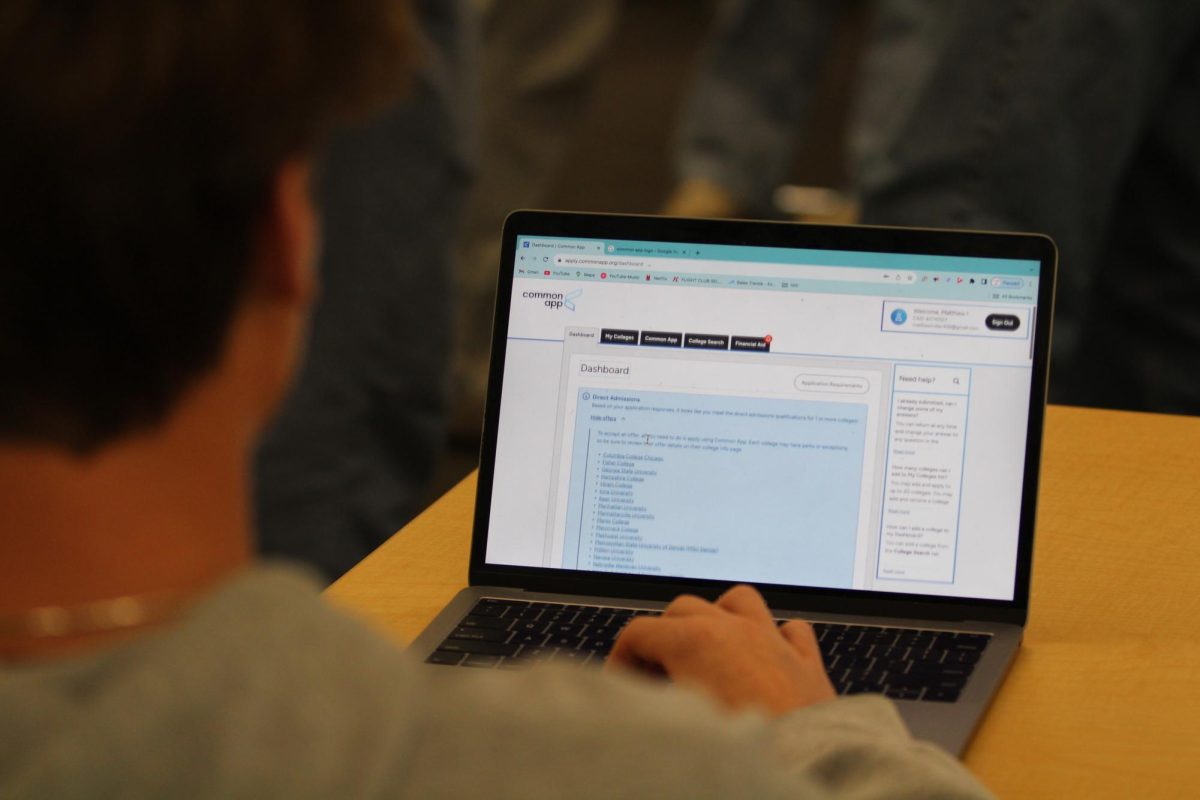Drilling into the controversy: Biden administration’s approval of the Willow Project
March 15, 2023
On Mon., March 13, the Biden Administration approved an extensive oil drilling project in the National Petroleum Federal Reserve in Alaska. This new plan, known as the Willow Project, has sparked controversy across the country because of its harsh environmental impacts. While supporters of the project believe Alaska’s petroleum fields represent an economic lifeline for indigenous communities, some environmentalists believe the approval of this plan will speed up climate change and cause irreversible damage to Alaska’s environment.
The Willow Project is estimated to produce up to 180,000 barrels of oil per day, according to ConocoPhillips, the petroleum refinery company spearheading the project, which would equal around 1.5 percent of total U.S. oil production. The project location, roughly the size of Indiana, is the largest ever proposed oil drilling plan on U.S. public land and the biggest oil field created in Alaska in decades.
Expected to create as many as 2,500 jobs during construction and 300 permanent jobs, the project is also expected to accelerate the fast warming of the arctic destroying many habitats for native species and altering the migration patterns of animals, according to Euro News.
“The Arctic is already warming faster than anywhere else on the planet and the Willow Project would be a carbon bomb,” Wendy Wendlandt said, president of policy group Environment America during an interview with Euro News.
Sophomore Syd Walling, activist and member of Redwood’s Environmental Activism Club, relays the struggle she feels knowing why similar proposals are needed.
“As an environmentalist, I continue to battle with the reality that as unfortunate as it is, a lot of oil drilling projects are necessary considering that we as a society will always be in need of more products like oil. But, as industrial and with no immediate benefit [as the Willow Project is], I am definitely against it. It is going to do irreversible damages to not just the environment, but to the indigenous communities and people who live there,” said Walling.

Walling isn’t alone in her thinking. In fact, research from the Washington Post suggests that the Willow Project project won’t be very beneficial for any community aside from the ConocoPhillips Corporations. The Willow Project also won’t produce usable oil for the first six years, bringing into question the true reasonings behind this approved project.
The Biden Administration’s decision to authorize this project is a direct violation of President Biden’s promise to no longer approve drilling on federal land. As a result, his approval of the project on Monday has sparked lots of backlash from U.S. environmentalists who feel betrayed by his climate commitment.
Jackson King, an environmentalist enthusiast and an Advanced Placement Environmental Science student feels Biden’s environmental attitudes may be performative.
“While Biden promised many eco-friendly bills and legislation, I was skeptical as I am with most presidents. I wasn’t surprised when I saw he approved [the Willow Project], but I was also definitely disappointed. Approving the project directly goes against the promise he made which was to decrease oil drilling nationwide. It’s really sad to see, he continues, as there will always be something that wins out and oftentimes it is going to be to the benefit of politicians and the economy – not the environment,” King said.
In an interview with Euro-News, U.S. Secretary of the Interior, Deb Haaland, described Willow as “a difficult and complex issue that was inherited” from past administrations. She explained how officials “had limited decision space” to block the project because ConocoPhillips has held leases in the area for decades.
In the interview, Haaland also defended the Biden Administration’s record on climate change, stating, “I am confident that we are on the right path, even if it’s not always a straight line.”

Since President Biden has now given the Willow Project the green light, construction can begin. However, it is unclear exactly when that will happen as the project is now involved in many impending legal challenges. Earthjustice, an environmental law group, is expected to file a complaint against the project hoping to block it from moving forward within the next few weeks.
Currently, environmental groups and ConocoPhillips are racing each other against the clock considering that construction on Willow can only be done during the winter season (because the roads must be icy to build the rest of the oil project’s infrastructure.)
As environmentalist groups try their best to secure a way to stop or delay the project, there is no telling what the future might look like. While the project has been passed, Walling urges environmentalists not to give up.
“This is not a time to give up and say that it is done. While it is unfortunate and while this is a setback we can continue to [make] change. Sign petitions and spread the word! There are still people who are still fighting for the cause,” Walling said. “It is discouraging [that this was passed], yes, but don’t let it stop you. And it’s okay to be upset, but instead, use that energy to help.”







